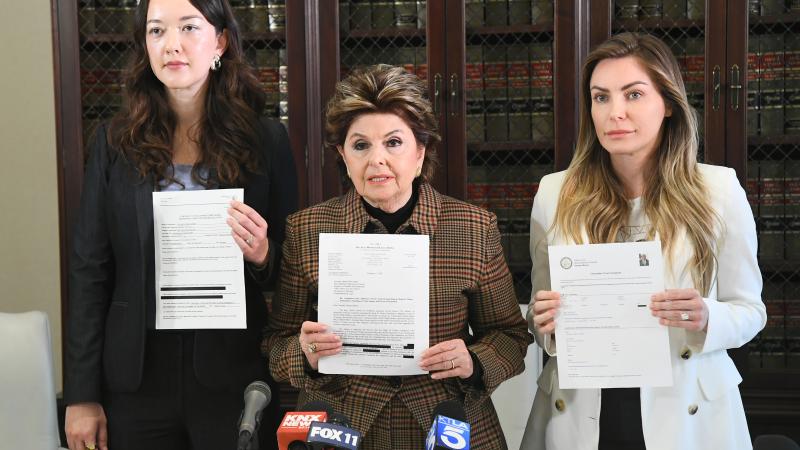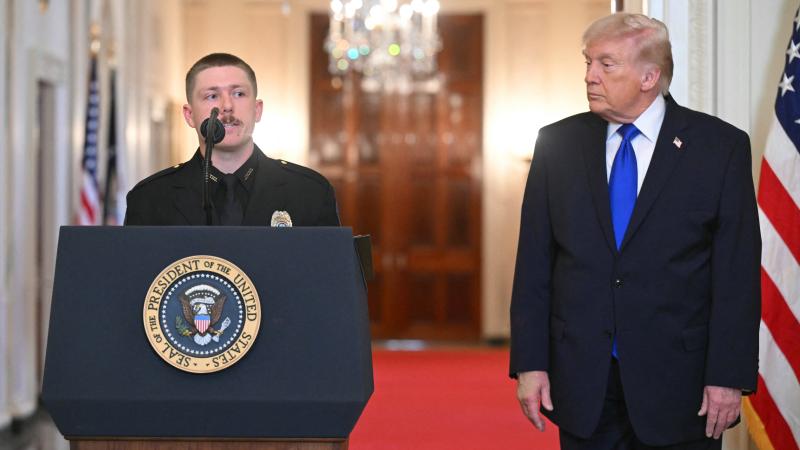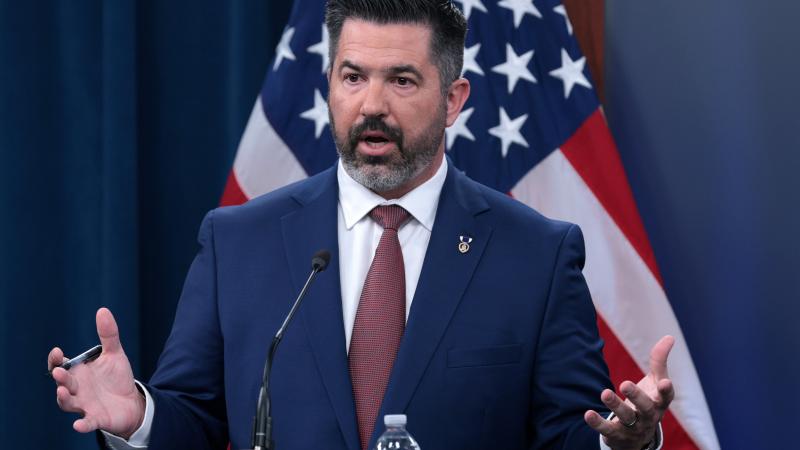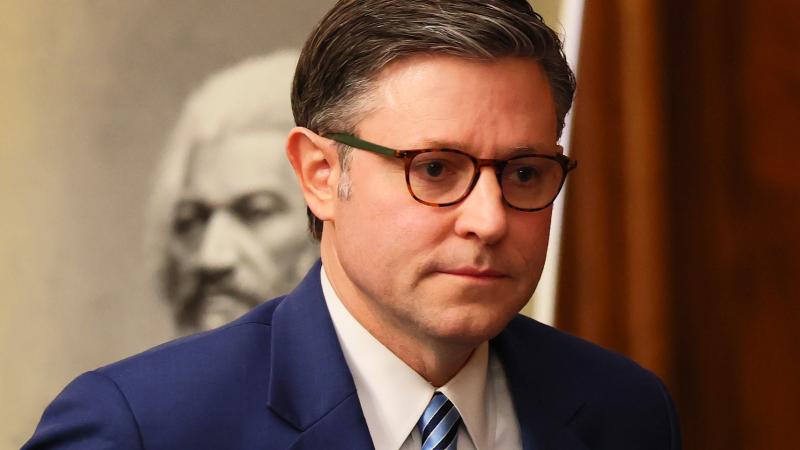Probable cause: Why criminal investigations can take a year or more to result in arrests
Investigators want to "sew up all possible reasonable doubts" before making a bust.
When Josh Duggar was arrested by U.S. Marshals two months ago, he may not have been too surprised.
The 33-year-old former reality star, who has been charged with receiving and possessing child pornography, might have suspected such a bust was in the offing: Federal agents raided Duggar's Arkansas car dealership in November 2019 pursuant to those suspicions.
The Justice Department revealed that Duggar — who gained fame as a costar alongside his fundamentalist Christian family on TLC's "19 Kids and Counting" — had allegedly possessed the incriminating material in May 2019, yet it would ultimately be half a year before law enforcement took any direct action against him, and another eighteen months before they put him in handcuffs.
Duggar has since requested that his trial be delayed until next year so that a forensic expert can examine the computer devices where the alleged incriminating material was stored, suggesting that the scandal may drag out even longer than it already has. In any case, the lengthy time between the beginning of the investigation and Duggar's arrest may have many wondering: Why do so many criminal investigations seem to take so long before officers move in for an arrest?
Last month, for instance, the Justice Department announced a man's guilty plea for campaign finance thefts that occurred as long ago as 2018, while in April another man pleaded guilty to trafficking exotic cats that same year.
Rob O'Donnell, a retired detective with the New York Police Department who worked on one of the department's homicide task forces, said the rigorous principles of courtrooms and criminal trials mean law enforcement work to ensure any charges they bring are likely to stick.
"Once an arrest is made, all evidence used to reach the level of probable cause by law needs to be turned over to the defense," he said. (Probable cause is the legal standard for arrest.)
"It's not only the job of an investigation to simply make an arrest at the standard of probable cause, but to see such through beyond a reasonable doubt, which is the standard for conviction," he continued. "Many times investigators and district attorneys may know they have evidence to meet the standard of arrest but want to sew up all possible reasonable doubts that a defense may attempt to rely on."
O'Donnell noted that with charges like those brought against Duggar — who is accused of possessing child sex images that one investigator called the "top five worst of the worst" he'd ever seen — investigators are often keen to avoid bringing vulnerable child victims into the courthoom.
"We often did all we could to prevent rape victims or children from taking the stand," he said, "by solidifying other indisputable evidence such as DNA, confessions that may be uttered once the subject thinks they have gotten off and such, so we need not depend on vulnerable witnesses."
Investigators may also have the relative luxury of not having to rush to bring charges depending on the statute of limitations for the alleged crime in question. Numerous federal child sexual exploitation crimes have no statute of limitations at all, according to the Congressional Research Service, meaning prosecutors can bring charges whenever they feel confident the case is airtight.
O'Donnell noted cases involving child porn "don't happen in a bubble."
"There's usually a network of users, sellers, suppliers, facilitators, and criminal actors who contribute," he said, "and it's not only law enforcement's job to catch the individuals but to follow the evidence to stop it from its source."
"These cases take time to develop," he said, adding that other offenders in the network "may think they were not caught up in the initial arrest" and may grow complacent and thus vulnerable to further arrests.
Duggar has pleaded not guilty to the charges. He has been released on bail, though he is forbidden from being around minors other than his own children and in those cases must be supervised by his wife. He must also wear an electronic ankle bracelet. His trial, assuming it is not delayed, is set for July.
















